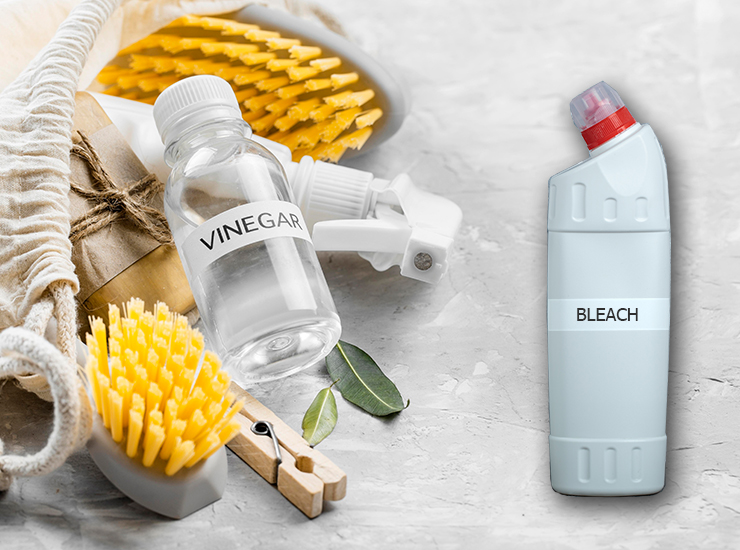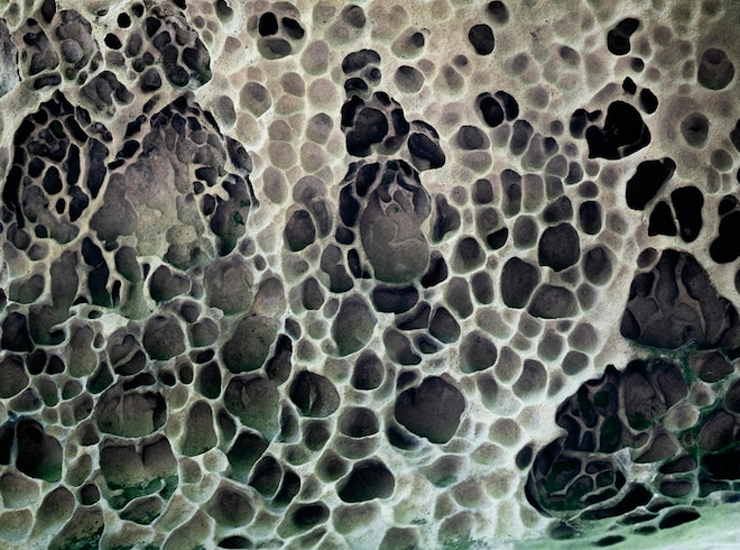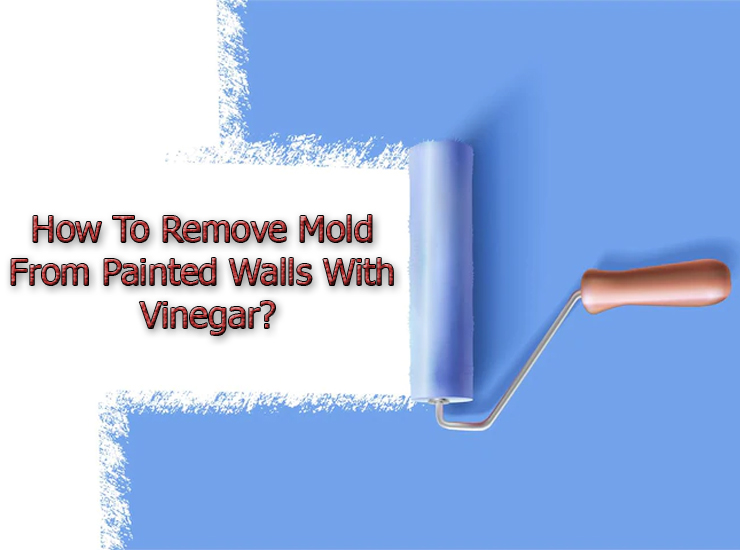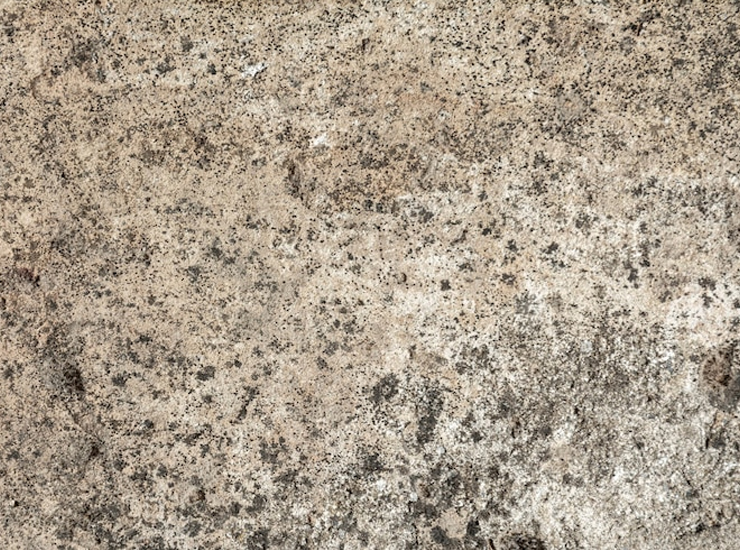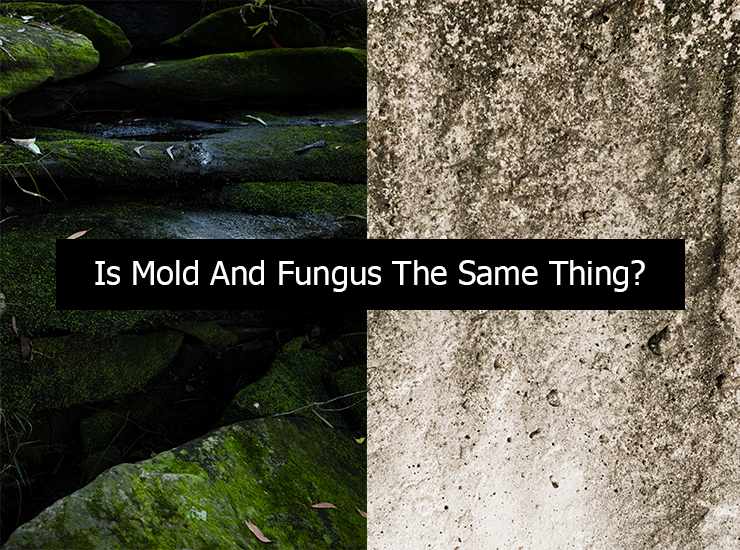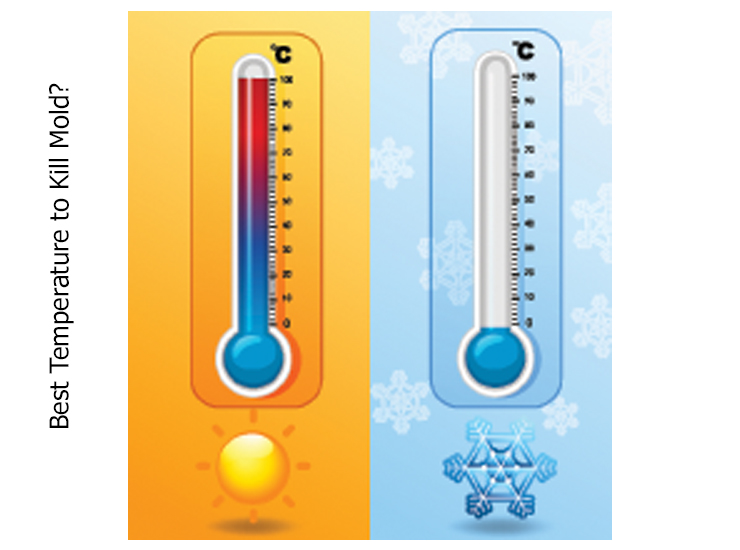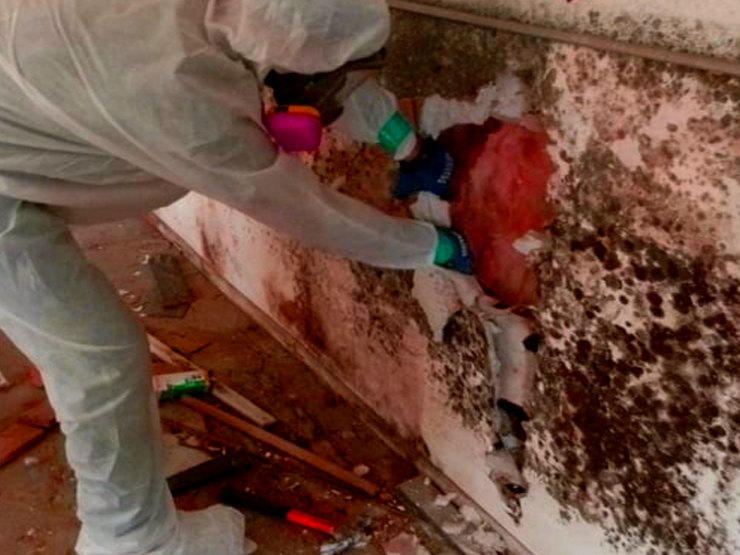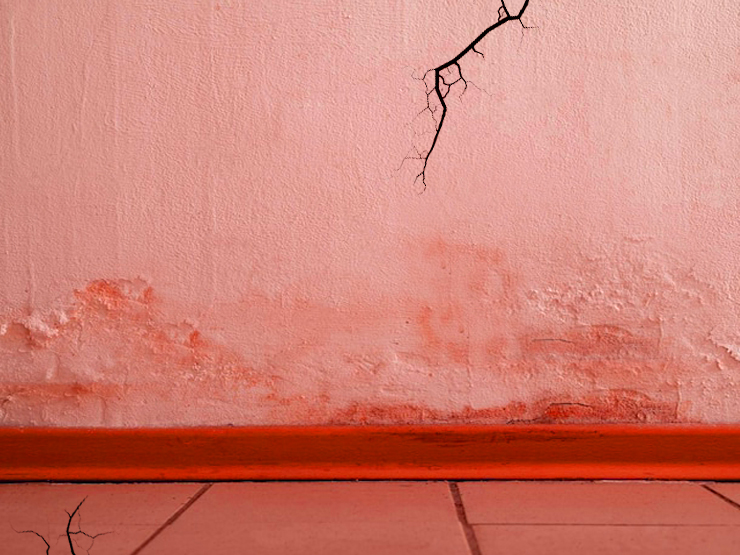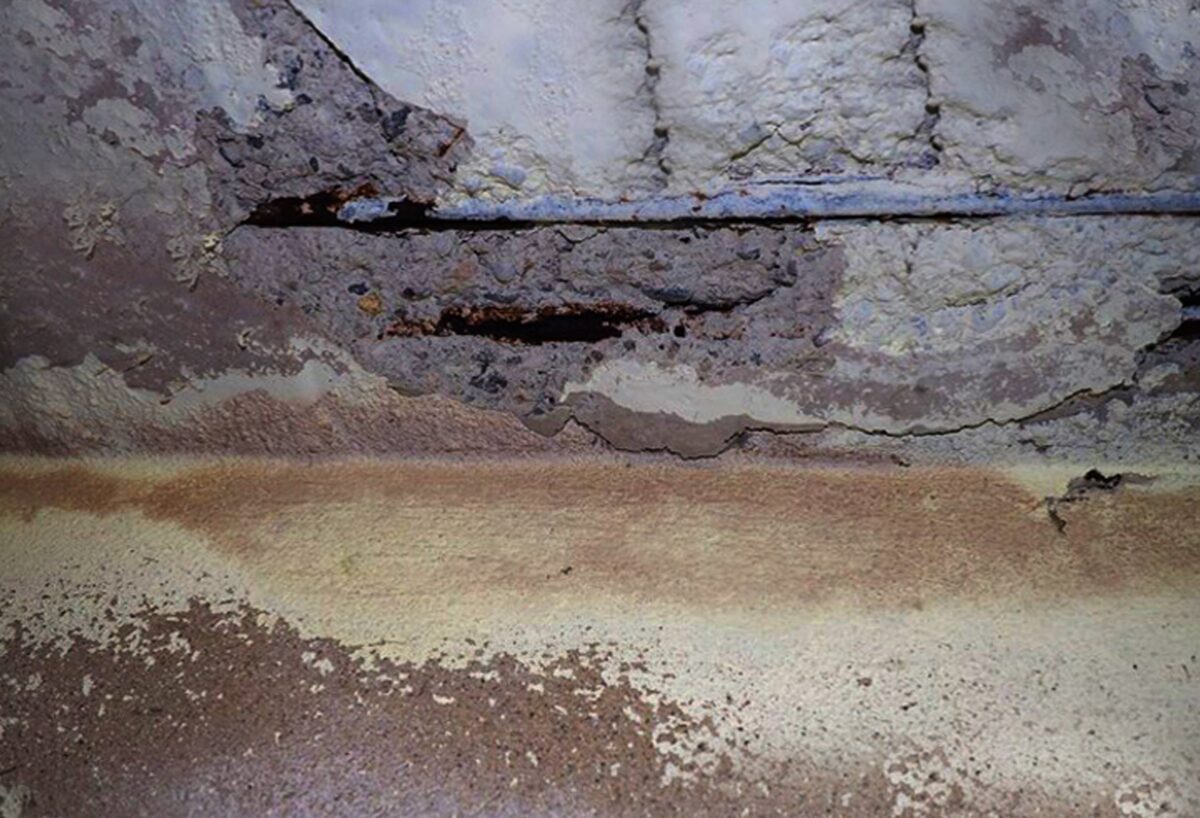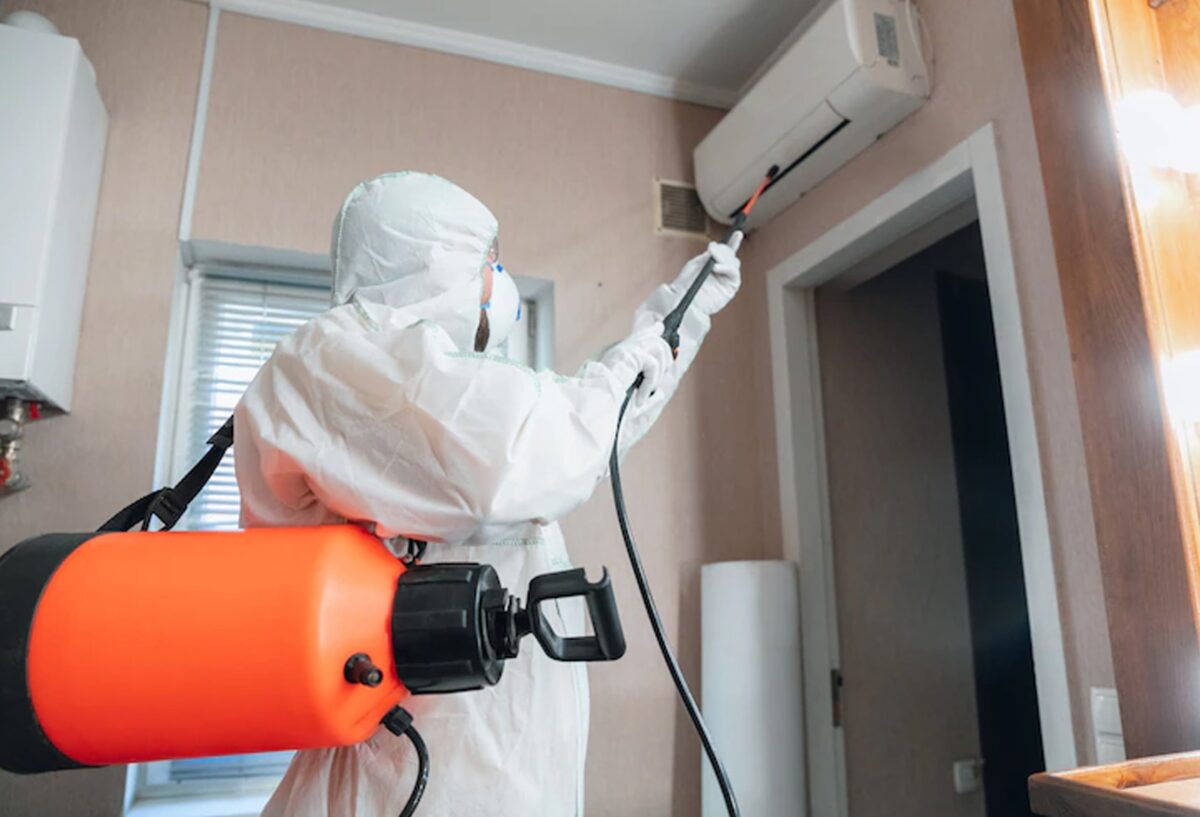Is Bleach Or Vinegar Better To Kill Mold? Treating household products with care is the first thing you must develop. Everything that constitutes your house requires attention, care, and long-lastingness. However, these happen when you take responsibility to keep them fresh and clean. Mold is a fungus commonly found in households. And if you study their causes for development, they look simple. Yet there is a loophole that remains present causing molds.
Development and identification of molds is one thing, and their treatment is another. This means you can identify the problem in your house but need a suitable solution for it. Considering molds, you can start with some home remedies and DIY steps. The former means to try products such as vinegar and bleaches.
But are we right in saying to use vinegar and bleach? You need to stick a bit longer with us to find out. We will be unlocking different myths and facts surrounding these two products. And also their reaction especially when treating molds.
Bleach or Vinegar Better to Kill Mold: Is Mold Threatening?
The development of mold is itself bad in presentation and impressions. When mold develops on surfaces, it instantly shows how careless you are in cleanliness. Moreover, molds develop in places of high usage such as bathrooms, living and bedrooms, and kitchens. Everywhere you have wood, fiber, drywall, and sinks, there is a natural habitat for molds.
Molds do not develop in their nature. However, you make way for their development and long-lasting. For example, we all have houses with double external walls. And there is some spacing in these walls to accommodate water pipes. Leakage is common in water pipes and if it happens within walls, water gets to the fiber and wood boards. It settles there are allows mold to develop.
Moreover, your kitchen and bathrooms are places where humidity and moisture develop easily. Both of these promote mold development to the maximum. A kitchen sink is a favorite place for molds to develop. And bathtubs contain molds along with them that you can observe easily.
Is Bleach or Vinegar Better to Kill Mold?
If mold is easy to begin and develop, you need solutions. People refer to vinegar and bleach as DIY home methods. We will bisect them now.
Vinegar
As good as it can be on surfaces, vinegar is a cheap option likewise. It is great to fight molds and different fungi. But their action can vary with simple mold types. You can assess this when vinegar does not provide relief against your molds.
But when it does offer a respite, it is effective enough to prevent mold from returning. This is since vinegar comes with 5 to 8 percent of acid that is acetic. It offers natural and necessary strength making vinegar antifungal and antibacterial.
Bleach
Bleach in contrast faces discouragement when it comes to treating molds. A primary reason is that it does not offer a thorough cleansing. Molds in wood and fiber on walls and drywalls get into the pores. This means they have rooted well into your spaces.
In contrast to vinegar, bleach only clears and cleans the surface. But it does not offer a deep cleansing. Hence, your mold can easily grow back. Sometimes, using bleach allows mold membranes to go deep into the surface and avoid chemical attacks.
Related Articles:
5 Common Mold Myths: What You Believe May Not Be True
DIY Mold Removal: Natural Mold Killers
What Makes the Home a Great Place for Mold Growth?
When to Walk Away from a House with Mold?
How To Detect Mold Inside The Walls?

